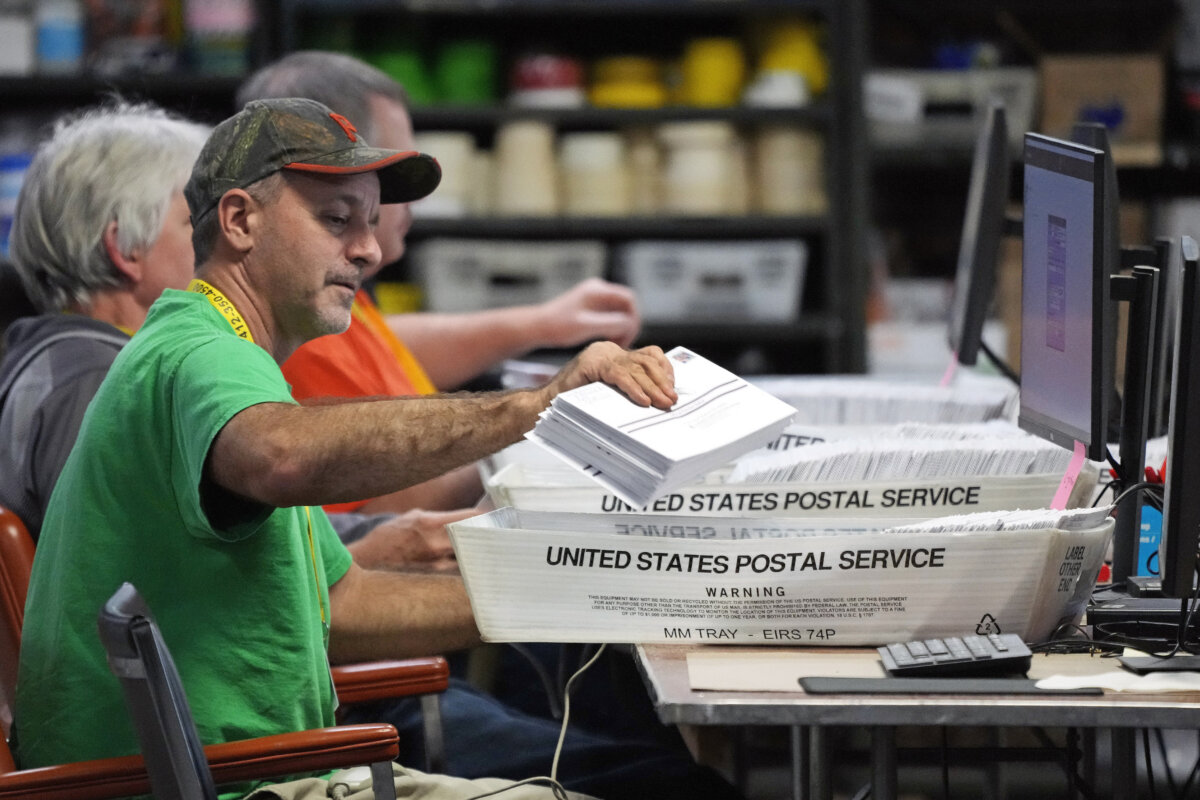We’re a tough little country to put down, according to Matthew J. Bellamy.
The Carleton University history professor will explain why on Saturday, Feb. 28, when he delivers his lecture A Watershed Moment: Canada and the Second World War as part of the Ontario’s Best Lecturer series on TVOntario program Big Ideas.
Bellamy argues that not only did the Second World War change the nation’s image on the world stage, it laid the foundations of the Canada we know today: A more “interventionist” government, the creation of new industries (particularly Crown corporations) and the transformation of what was predominantly a rural society into a prosperous post-war industrial power.
“We have to remember that when the war breaks out, we’re really ill-prepared for it,”
Bellamy said. “We would have to overcome all sorts of military and industrial deficiencies in a short period of time before we fight a war overseas. But by mid-war we’re producing about 4,000 planes per annum. It’s a remarkable success story.”
The author of award-winning thesis Profiting The Crown: Canada’s Polymer Corporation, 1942-1990 credits C.D. Howe as a pivotal figure in Canada’s industrialization. As a powerful cabinet minister during wartime, Howe helmed the creation of 28 Crown corporations that would build Canada’s war machine and export arms and resources to Britain.
“We have a long legacy of Crown corporations doing it wrong as a result of political meddling,” he said. “But we are sparsely populated. We have this huge land mass that stretches from sea to sea and yet we don’t have the kind of capital and population that they do south of the border. It’s going to be necessary for the government to intervene in the economy for pragmatic and not ideological reasons, and build up the infrastructure that private industry needs to survive and succeed.”
Bellamy says Canada is forging a new and at the same time familiar identity in the 21st
Century, that of exporter to the world. It’s a lucrative role to play in good times, but it’s also a dangerous situation when customers on whom you depend don’t have the money to buy from you.
“If economies that we rely upon go into a nosedive, we have no capacity to turn things around here at home. We have to wait for their demand to kick in so we can export our stuff.”
















